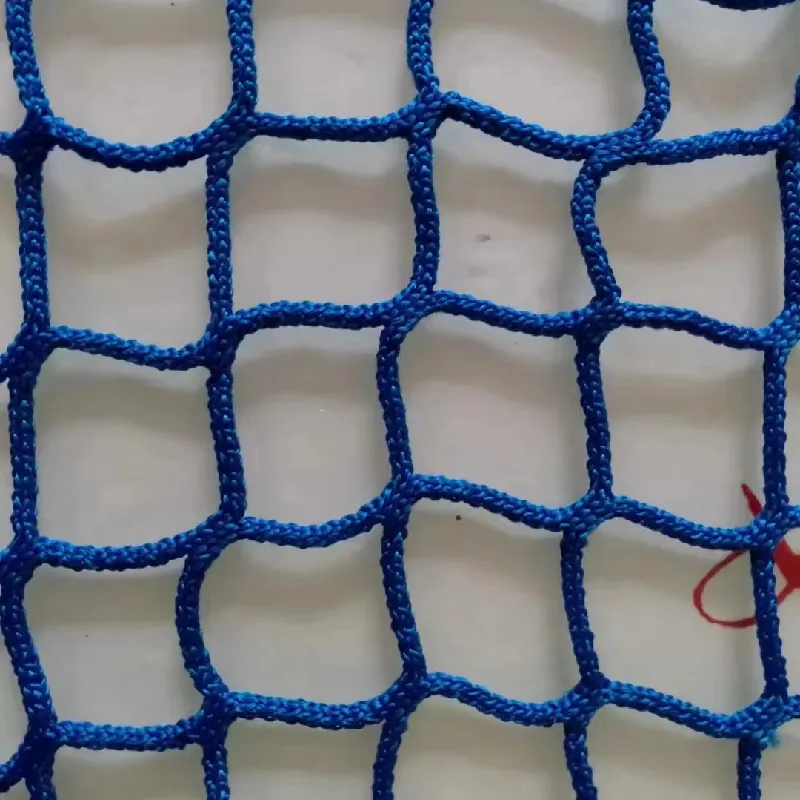-
 Afrikaans
Afrikaans -
 Albanian
Albanian -
 Amharic
Amharic -
 Arabic
Arabic -
 Armenian
Armenian -
 Azerbaijani
Azerbaijani -
 Basque
Basque -
 Belarusian
Belarusian -
 Bengali
Bengali -
 Bosnian
Bosnian -
 Bulgarian
Bulgarian -
 Catalan
Catalan -
 Cebuano
Cebuano -
 China
China -
 Corsican
Corsican -
 Croatian
Croatian -
 Czech
Czech -
 Danish
Danish -
 Dutch
Dutch -
 English
English -
 Esperanto
Esperanto -
 Estonian
Estonian -
 Finnish
Finnish -
 French
French -
 Frisian
Frisian -
 Galician
Galician -
 Georgian
Georgian -
 German
German -
 Greek
Greek -
 Gujarati
Gujarati -
 Haitian Creole
Haitian Creole -
 hausa
hausa -
 hawaiian
hawaiian -
 Hebrew
Hebrew -
 Hindi
Hindi -
 Miao
Miao -
 Hungarian
Hungarian -
 Icelandic
Icelandic -
 igbo
igbo -
 Indonesian
Indonesian -
 irish
irish -
 Italian
Italian -
 Japanese
Japanese -
 Javanese
Javanese -
 Kannada
Kannada -
 kazakh
kazakh -
 Khmer
Khmer -
 Rwandese
Rwandese -
 Korean
Korean -
 Kurdish
Kurdish -
 Kyrgyz
Kyrgyz -
 Lao
Lao -
 Latin
Latin -
 Latvian
Latvian -
 Lithuanian
Lithuanian -
 Luxembourgish
Luxembourgish -
 Macedonian
Macedonian -
 Malgashi
Malgashi -
 Malay
Malay -
 Malayalam
Malayalam -
 Maltese
Maltese -
 Maori
Maori -
 Marathi
Marathi -
 Mongolian
Mongolian -
 Myanmar
Myanmar -
 Nepali
Nepali -
 Norwegian
Norwegian -
 Norwegian
Norwegian -
 Occitan
Occitan -
 Pashto
Pashto -
 Persian
Persian -
 Polish
Polish -
 Portuguese
Portuguese -
 Punjabi
Punjabi -
 Romanian
Romanian -
 Russian
Russian -
 Samoan
Samoan -
 Scottish Gaelic
Scottish Gaelic -
 Serbian
Serbian -
 Sesotho
Sesotho -
 Shona
Shona -
 Sindhi
Sindhi -
 Sinhala
Sinhala -
 Slovak
Slovak -
 Slovenian
Slovenian -
 Somali
Somali -
 Spanish
Spanish -
 Sundanese
Sundanese -
 Swahili
Swahili -
 Swedish
Swedish -
 Tagalog
Tagalog -
 Tajik
Tajik -
 Tamil
Tamil -
 Tatar
Tatar -
 Telugu
Telugu -
 Thai
Thai -
 Turkish
Turkish -
 Turkmen
Turkmen -
 Ukrainian
Ukrainian -
 Urdu
Urdu -
 Uighur
Uighur -
 Uzbek
Uzbek -
 Vietnamese
Vietnamese -
 Welsh
Welsh -
 Bantu
Bantu -
 Yiddish
Yiddish -
 Yoruba
Yoruba -
 Zulu
Zulu
Durable Nylon Netting Solutions for Various Applications in Agriculture and Environmental Protection
The Versatility of Nylon Netting Applications and Benefits
Nylon netting, a durable and versatile material, has gained significant popularity in various industries due to its unique properties and wide range of applications. Made from nylon fibers, this type of netting is known for its strength, resistance to abrasion, and flexibility, making it an ideal choice for multiple uses, from industrial applications to recreational sports.
Strength and Durability
One of the primary advantages of nylon netting is its strength. Nylon fibers are known for their exceptional tensile strength, enabling netting to withstand heavy loads and endure tough conditions. This durability is particularly beneficial in agricultural applications, where nylon netting can be used for crop protection, preventing birds and other pests from damaging plants. Unlike other materials, nylon does not easily tear or degrade under UV exposure, which ensures a longer lifespan and reduced replacement costs.
Lightweight and Flexible
Nylon netting is not only strong but also lightweight and flexible. This combination of attributes allows for ease of handling during installation and maintenance. For instance, in the fishing industry, nylon netting is widely utilized in the production of fishing nets, traps, and other gear. Fishermen appreciate how lightweight nylon nets can be easily deployed and retrieved, maximizing efficiency while minimizing fatigue. Additionally, the flexibility of nylon netting allows it to adopt various shapes and sizes, making it suitable for custom applications.
Multi-Functional Uses
nylon netting

The applications of nylon netting extend far beyond agriculture and fishing. In construction, it is employed for safety nets, scaffolding, and as protective barriers to safeguard workers. Its ability to catch falling debris and prevent accidents makes it an essential item on many job sites. Similarly, in the sports sector, nylon is frequently used in the manufacture of goal nets for soccer and football, as well as in recreational activities such as badminton and tennis.
Furthermore, nylon netting is commonly found in the home, being used for window screens, pool enclosures, and pet containment systems. The variety in mesh size allows for customization according to specific needs, whether to keep insects out of homes or to secure pets safely within a yard.
Environmental Considerations
In recent years, the environmental impact of materials has garnered increasing attention. Fortunately, nylon netting can be produced using recycled materials, which helps to reduce its carbon footprint. Additionally, many manufacturers have begun to implement eco-friendly practices in the production of nylon products. While nylon itself is not biodegradable, advancements in recycling technology have paved the way for more sustainable solutions for nylon waste.
Conclusion
In summary, nylon netting is a highly durable, lightweight, and versatile material that caters to a wide array of applications. Its strength and flexibility make it a valuable asset in industries ranging from agriculture to construction, while its environmental potential beckons a more sustainable future. Whether you're an outdoor enthusiast, a contractor, or a homeowner, the myriad benefits of nylon netting can enhance your projects and improve safety and efficiency. As demand for dynamic and sustainable materials continues to rise, the applications of nylon netting are likely to expand even further, solidifying its place as a staple in the modern world.
-
Shipping Plastic Bags for Every NeedNewsJul.24,2025
-
Safety Netting: Your Shield in ConstructionNewsJul.24,2025
-
Plastic Mesh Netting for Everyday UseNewsJul.24,2025
-
Nylon Netting for Every UseNewsJul.24,2025
-
Mesh Breeder Box for Fish TanksNewsJul.24,2025
-
Expanded Steel Mesh Offers Durable VersatilityNewsJul.24,2025











